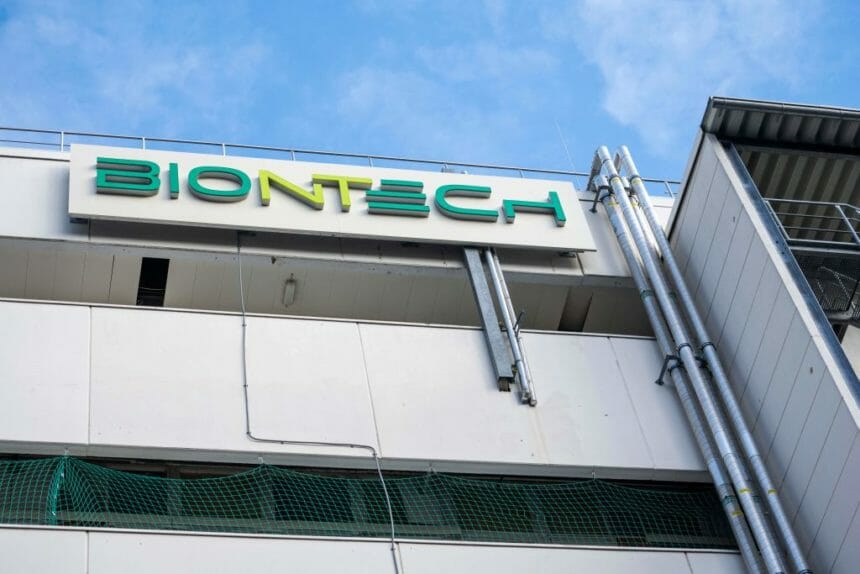BioNTech posted a net profit of €160.6 million in Q3, according to its earnings report released Monday morning.
Like other drugmakers, BioNTech has experienced a significant drop in revenues due to the waning demand for COVID-19 vaccines and treatments.
BioNTech generated €895.3 million in total revenues, down from €3.4 billion in Q3 2022, while its diluted earnings per share dropped from €6.98 to €0.67 over the same period.
Just as its partner Pfizer reported last week, sales of the vaccine Comirnaty dropped precipitously year-over-year. Last month, Pfizer recorded a $5.5 billion non-cash charge during Q3 for COVID inventory write-offs due to lower-than-expected demand.
BioNTech said the write-offs impacted its revenue by €507.9 million during the quarter and that its cost of sales dropped to €161.8 million from €752.8 million this time last year.
“Over the last quarter, we complemented our investigational pipeline with ADC candidates, initiated later-stage clinical trials and presented significant data across modalities including cancer vaccines, cell therapies, ADCs and immune checkpoint modulators,” said Professor Ugur Sahin, MD, CEO and cofounder of BioNTech, said in a statement. “Our strategy focuses on assembling a diverse toolbox of complementary technologies to deliver novel therapies, aiming to improve the standard-of-care for cancer patients. We combine our internal innovation engine with a high-performance partnership model to transform healthcare and improve patients’ quality of life.”
Going forward, BioNTech projects its COVID vaccine revenue will hit around €4 billion, (down from its projection of €5 billion in March), its full-year research and development expenses will be in the range of €1.8 billion to €2 billion and SG&A expenses will be between €600 million to €650 million.
The company’s CFO stated that while holding about €17 billion in cash and security investments, BioNTech has strategic flexibility, which he considers a major strength for the organization.
BioNTech released its earnings less than two weeks after Pfizer announced that its combination flu and COVID-19 vaccine resulted in a robust immune response in a Phase 1/2 study.
The trial results showed the combo vaccine boosted protection against influenza A, influenza B and SARS-CoV-2. The results were released weeks after rival Moderna posted promising data in what is quickly becoming a contentious battle to develop an effective COVID/flu shot.
The German-based company also recently announced that it acquired liquid nanoparticle startup AexeRNA and its novel lipid nanoparticles for mRNA treatments, according to Endpoints News.







